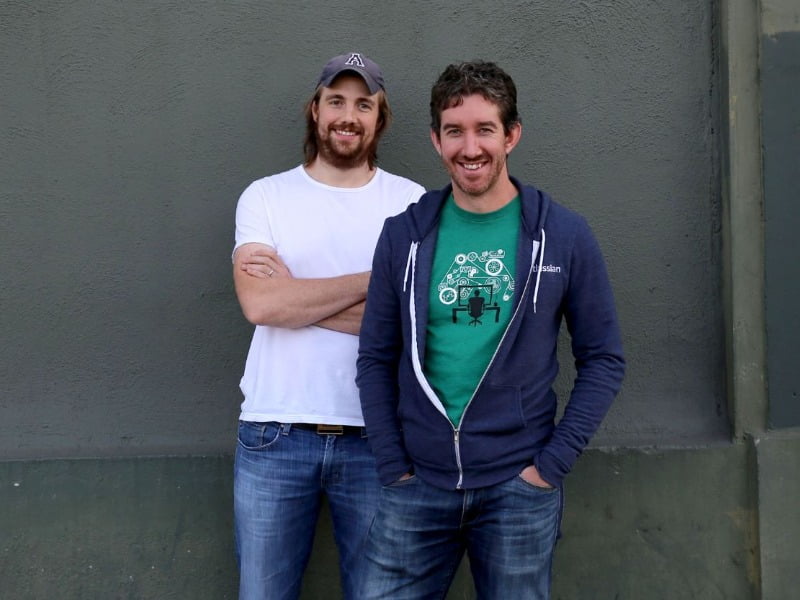Some of Australia’s largest tech companies have written to the tax office requesting a “collaborative workshop” to improve how software claims are dealt with under the research and development tax incentive, as the sector looks to be more actively involved with policy development.
Co-signed by chief executives and founders from Atlassian, AirTasker, Culture Amp and including the advocacy group StartupAus, the letter raised long-standing concerns that software does not fit properly under the current research and development tax incentive (RDTI), with tech firms facing potentially costly audits and retrospective bills.
“We are concerned that a lack of mutual understanding on eligible software-related R&D activities claimable under the program, may be hampering Australian businesses seeking to compete in the global market, particularly early-stage or startup companies for whom the first risk of retrospective tax rulings is too great to bear,” the letter said.

“This is despite the clear policy intent of government to support R&D in smaller businesses and the OECD’s acknowledgement that support for smaller firms represents the greatest return on government incentives.”
StartupAus chief executive Alex McCauley said the sector wants to work with the tax office to improve the scheme and make it work for the tech industry.
“The RDTI has been a critical part of the huge success of Australia’s tech sector over the last five to ten years. That’s why we’re so committed to working constructively with the government to make sure we continue to support the growth of this high-value industry,” Mr McCauley told InnovationAus.
“We’re doing a lot of work behind the scenes to build collaboration among industry players, and between the industry and government, and this is part of that. My vision is for much more cooperative policy development like this in the future.”
In the letter, the tech bigwigs requested a day-long meeting with ATO officials to iron out these issues and determine how the RDTI can work better for tech firms.
“We feel that these issues arise because the processes around innovation in software development are considerably different to traditional research and development practices operating in other industries such as mining, industrial manufacturing or healthcare,” it said.
“This is despite software innovation being one of the largest investors in research and development; and globally recognised as a significant engine for economic growth and wealth generation. We also do not feel that this is an insurmountable challenge.”
The tech founders and executives offered to “work closely” with ATO, Treasury and Industry department officials to “better understand and define the nature of software-enabled innovation” under the scheme, and to hold a “collaborative day-long workshop” between experts and advisors from government and industry.
They called for this to be held within the next two months as a “first step to improving the two-way understanding of how software is developed and how it is recognised within the RDTI”.
This would be held confidentially under the Chatham House rules, with Atlassian to play a coordinating role.
An ATO spokesperson confirmed the letter had been received and the offer was under consideration.
“We are in the process of reviewing the letter and the request from the sector in partnership with the Department of Industry and the Treasury and will be responding shortly,” the spokesperson told InnovationAus.
The tech sector has been pushing for changes to the interpretation of the RDTI to make it more friendly for software claims, following a number of companies being ordered to pay back previous claims.
There has also been ongoing debate over whether alterations should be made to the current scheme, or if it would be easier and more effective to introduce a new program entirely to support tech-related R&D.
The government released guidance on software activities and the RDTI in October last year in an effort to clarify how the claims will be made under the scheme.
Do you know more? Contact James Riley via Email.

